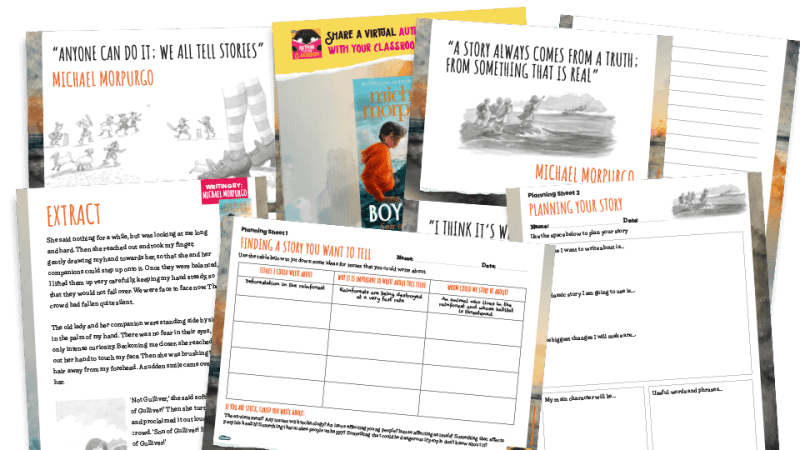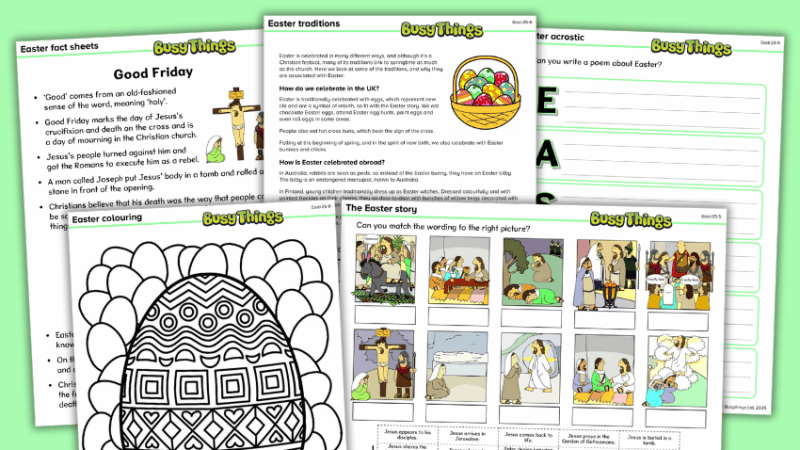Getting the teacher-TA relationship right

“Don’t speak to them as though you’re trying to explain Facebook to your great grandma”

Cast your mind back to your first morning at your new school in September. You were about to meet your teaching assistant. What thoughts flashed through your mind?
Would her skirt actually be made out of curtain material? Would his cardigan be held together with industrial stitching? Did an image of Mrs Doubtfire suddenly pop up in your head? Of course not, I hear you cry!
The role of the TA has changed dramatically in the last 20 years. Once the job of mums who had a few spare hours to help tidy up the classroom or get some photocopying done, it’s now a very different ball game.
Gone are the casual contracts and in their place are NVQ qualifications, ‘higher-level’ options and a vast knowledge of interventions.
A good relationship between teacher and TA, therefore, is more important than ever, but how can you achieve it? How can you develop a relationship that is beneficial to you both, as well as to the children in your class?
In 2004, when I started teaching Y1, I didn’t have a teaching assistant. I remember thinking, ‘Wow, this is quite hard work’, but never thought to question it or complain about the situation.
However, things changed in the September of my second year. Thanks to an ‘easy’ NQT class, I had a sense of confidence – I’d got this teaching thing in the bag, people.
Picture a Mick Jagger-esque swagger, if you will. Enter the new class, with its wide range of needs, and everything changed. Mick Jagger officially left the building.
Luckily for me, I wasn’t on my own. I had not one, but two TAs. Cue the mild panic – I’d never had to manage additional adults before. I’d done things my way (without singing Sinatra) for a year, and now I had to explain my lessons to other people on a daily basis?
I knew that I had to become more organised and fast, and after a few months I finally felt like I had the hang of it. So what are the important systems for you to have in place?
In the loop
Without great communication, things can go downhill pretty quickly. Why not set up a communication book with your TA, enabling you to give them much-needed information consistently?
Obviously you’ll talk to them too, but things get so busy each morning that this could help. Email can also be a wonderful thing. If you have notes about a child following a meeting with the SENCO, forward them on to keep your TA in the loop.
Notes from the staff meeting that you think they’d find useful? Send them over. It really is at the push of a button.
No winging it
In order to get on swimmingly with your teaching assistant, it is important that you are an organised person.
If that doesn’t come naturally to you, then you’re going to need to learn. You must ensure that planning is given to your TA in advance.
Would you be able to do an effective job if you had to ‘wing it’ every day, simply because you didn’t have the lesson plan? It’s so easy to avoid this if you plan effectively ahead of time, particularly for the core subjects.
As soon as you have completed your planning, email it to the TA so that they can read through it before the lesson – and no, sending it through five minutes before doesn’t count.
Well-planned lessons often need resources. Work with your TA to find relevant ones and discuss how best to use them to scaffold learning. Asking your TA to find the clocks five minutes before the maths lesson is due to start isn’t acceptable.
Plenty of variety
Unless your TA is SEND-specific, they need to work with a variety of children. It’s common in classrooms to find the TA working with the lowest ability children for the majority of the time. For certain activities, this works well.
However, when the TA works with the same group of children every single day, this is just bad practice on your part.
What makes this worse is that these pupils should be receiving the most input from the teacher, in order to make the most progress. If you do work with your lower ability children regularly, I salute you.
But the reality is that teaching assistants working with the lowest ability children easily becomes the norm if we’re not careful. When you’re planning, look at the different groups you have and how your TA is deployed each day.
Get some variety into your planning and ensure that all adults in the room get to work with all children.
Cut the waffle
I started with the importance of communication and I am ending with the importance of clarity. To maintain a great relationship with your teaching assistant they need to know what you’d like them to do during each lesson.
Don’t waffle and say, ‘I don’t really mind.’ That’s not helpful and goes back to the point about being organised and well-planned. There is a fine line though. Be clear enough that your TA knows exactly what you’d like them to do, but don’t speak to them as though you’re trying to explain Facebook to your great grandma.
Your planning needs clear, accurate objectives and success criteria. The children making little to no progress must have work that is sufficiently differentiated to enable them to achieve the outcomes.
Any adult supporting any child must avoid ‘spoon-feeding’ them the answers. This can be tricky to do effectively, so model the kind of support you’d like children to receive, if needed.
Children making progress is the aim of the game in each and every lesson. Whether that progress goes to plan depends on a number of factors. It may require your TA to go ‘off-piste’ from the original plan, revisiting concepts that are not fully understood yet or challenging children further if needed.
If your TA is free to use this type of creative thinking actively in your lessons, the children will reap the benefits.
Teaching assistants are a wonderful addition to any classroom. From providing humour on a difficult day to supporting the most vulnerable children, their knowledge and advice can make all the difference to your NQT year.
Embrace their experience and ideas; don’t feel threatened by it. If you make the effort to build a good relationship with them, you may get something even better at the end of it – a friend.
How to get in your TA’s good books
- Give your TA plenty of notice for dates of trips, visitors and school events, particularly if they fall on a day that might usually be their day off.
- Thank your teaching assistant every day for the hard work they do. It takes a certain person to laminate work for a display, photocopy thirty booklets and listen to trials and tribulations from the playground, all in the space of an afternoon.
- Seek advice if your relationship with your TA isn’t running smoothly. Ask your mentor or a more experienced teacher to help iron out any kinks that may have emerged.
Steph Caswell is an educational consultant and writer. She is the author of three books for NQTs and a regular contributor to Teach Primary magazine. You can connect with Steph on Twitter at @stephcaswell_.











